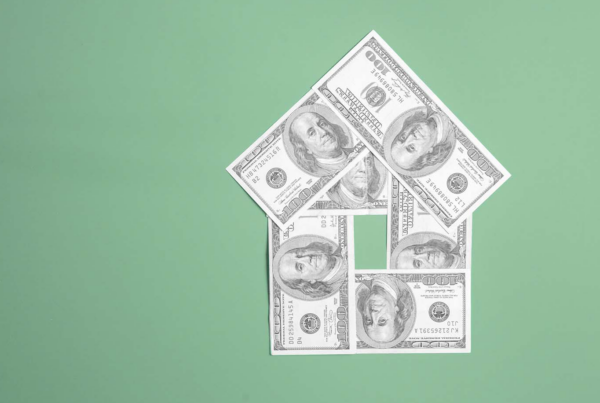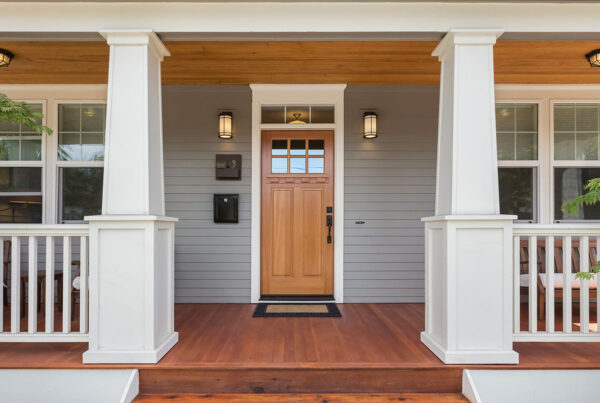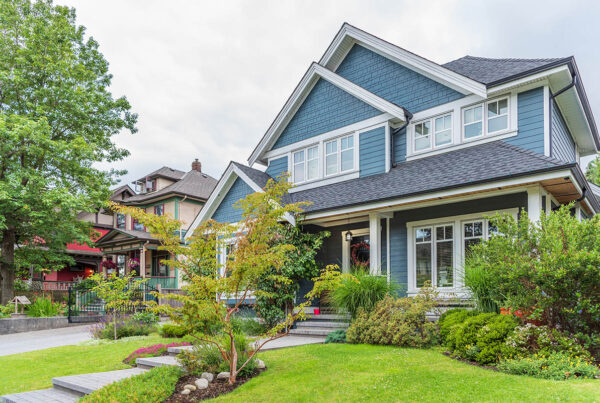Closing costs are various fees that are paid when the sale of a home is finalized, and when the home’s title is officially transferred from the seller to the buyer. Closing costs are paid by the buyer in some cases, the seller in others, or a combination of the two.
Exact closing costs will vary; they are about 3% of the home’s purchase price on average, but can actually range anywhere from 2% to 7% of the home’s purchase price. Larger loans actually impose a smaller percentage for closing costs; origination fees and points will also vary and will affect the final amount that is paid in closing costs.
Closing costs, as well as the terms that come with them, are not necessarily fixed costs. For instance, as a buyer, you may be able to negotiate with the seller to cover some of the closing costs. There are other factors that can influence the final amount that is paid in closing costs, which can potentially help you make final choices when house hunting. Some of these factors include the property you purchase, the type of mortgage you take out, and the location you’re buying your home in.
There are numerous fees that are rolled into closing costs, including, but not limited to:
- Notary fees
- State, county, or city transfer taxes
- Home protection plans
- Natural hazard disclosures
- Home inspections
- Wire fees
- Courier/delivery fees
- Title policies
- Escrow or closing fees
- Lawyer fees
- Endorsements
- Recording fees
The need for closing costs
A real estate transaction is one of the biggest purchases someone will make, so it’s no surprise that the process can be complex at times. There are a lot of steps involved and people that work throughout this process from beginning to end, and all these different aspects and fees contribute toward closing costs.
Avoiding closing costs
In some situations, buyers and sellers will split the closing costs; in other scenarios, buyers are required to cover closing costs completely. While closing costs cannot be avoided completely, you can potentially avoid paying them with a couple of different options. One potential option is obtaining a no-closing cost mortgage, which rolls the closing costs into your loan. Although this means you will be borrowing more, it also doesn’t require a large upfront cash payment, which can sometimes deter people from buying a home altogether.
Another option may be to negotiate with the seller and have the seller pay closing costs. If the seller is motivated and the home has been on the market for a while, you may have more room for negotiations.
Apply for a mortgage today
Do you have additional questions about closing costs and would you like to learn more about the different mortgages we offer? We are happy to go over the different options available to you, and can also provide you with more detailed information on how each type of loan will affect closing costs. Take the first step toward making your dreams of homeownership a reality and contact us today!








